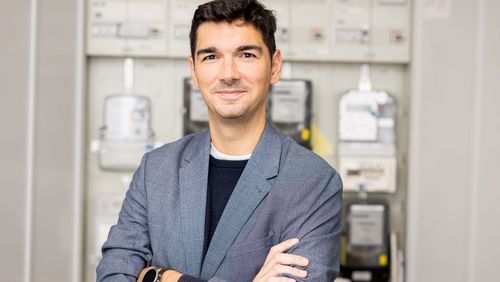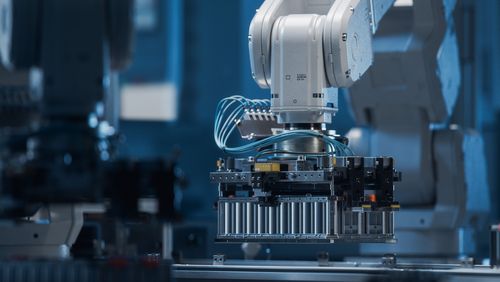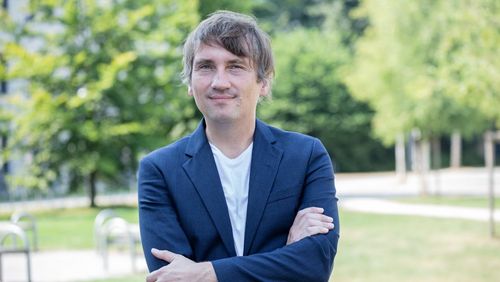Ensuring the safety of people and machines
Prof. Dr Verena Klös has been appointed to the Chair of Embedded Hardware-/Software-Systems at the Department of Computing Science. The computer scientist conducts research particularly on the development of various cyber-physical systems that accompany us in our everyday lives.
Welcome to Oldenburg Uni! What brought you here?
My love of the North Sea – I have always wanted to do research near the North Sea coast and Oldenburg is an attractive city that offers good quality of life. I got to know Oldenburg and the university during a collaborative research project and workshop that we organised here.
What are you researching?
My research deals with the development and analysis of Cyber-Physical Systems (CPS) such as autonomous vehicles, smart homes, assistive robots and production systems. These systems must be able to adapt to changes in their environment and the available resources, fulfil various user needs and always ensure the safety of people and machines. This gives rise to numerous interesting research questions which my research group and I are investigating in order to ensure that future systems perform better and are more flexible and secure, while always taking human users and their needs into account.
What do you like most about your discipline?
Embedded systems control lots of different systems and form the basis for all kinds of innovations. Since they interact with their physical surroundings, they have to process a lot of different information simultaneously and react quickly to critical incidents. This creates fascinating challenges. Many challenges originate from specific use cases, which means that we need to combine basic research and application-oriented research and that we gain insights into different application domains.
What are your plans for your first few months at our university?
Settling in, getting to know other research groups and their projects and identifying topics for collaboration, getting students excited about my research topics and building up my department. CAUSE, our collaborative Research Training Group with the Hamburg University of Technology and the University of Bremen in which we investigate the topic of explainability in cyber-physical systems, also begins in November. I’m really looking forward to working together on this fascinating topic.
What made the biggest impact on you during your studies?
I was fascinated by the diversity of applications for models in computer science – from the theoretical foundations to formal models for software verification and model-based development. This led me to spend a lot of time thinking about the properties that software applications should have beyond their primary functionality – not just what the software does, but also how it does it – and how these properties can be guaranteed using models and analysis methods. Particularly in the area of embedded systems, there are many safety-critical applications, such as controlling an airbag, where it is important to react to an incident within a specified time.
What’s your tip for surviving on campus?
Finding groups and study partners with whom you harmonise and enjoy working together, being open and curious – you’ll never encounter so many exciting topics again.






